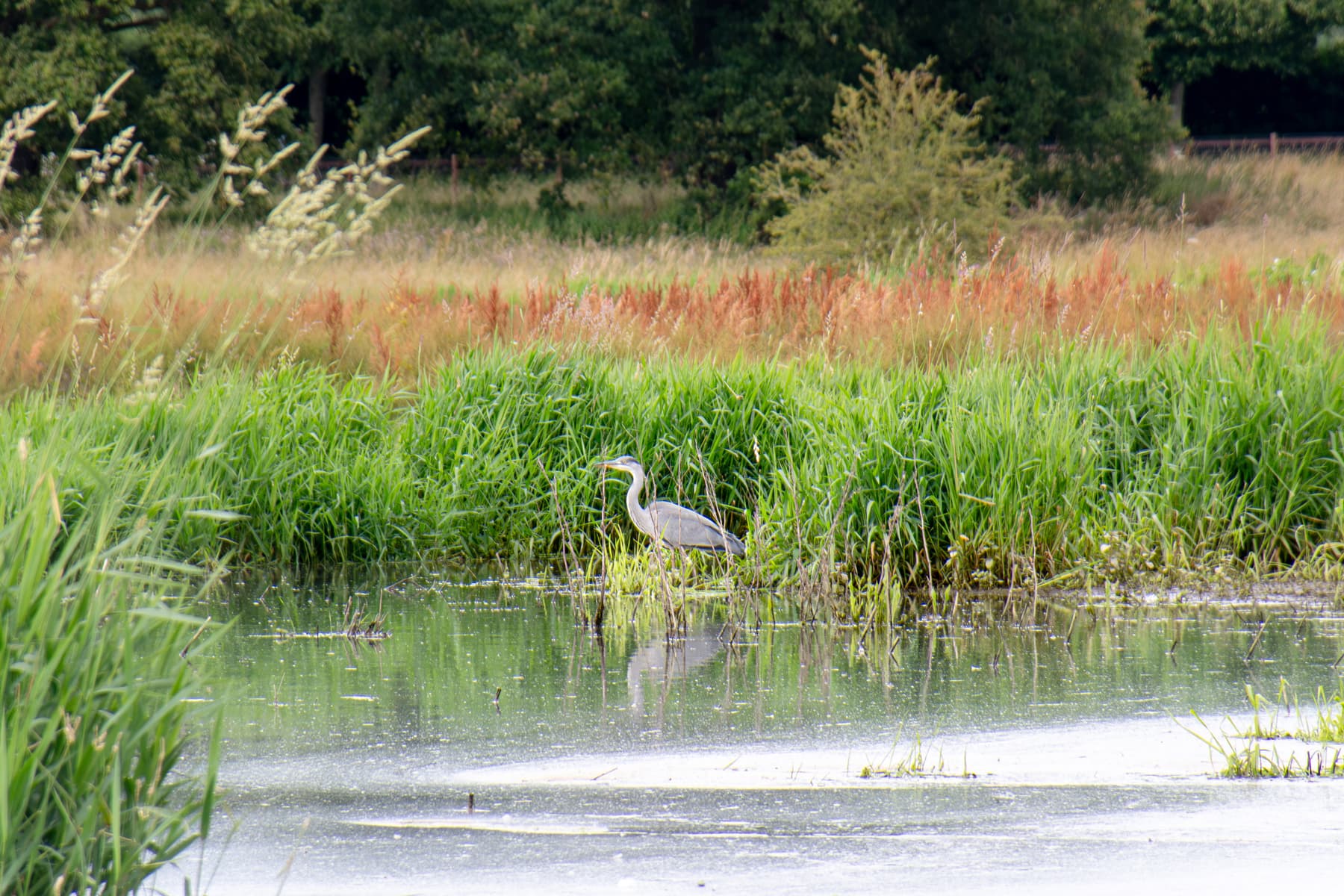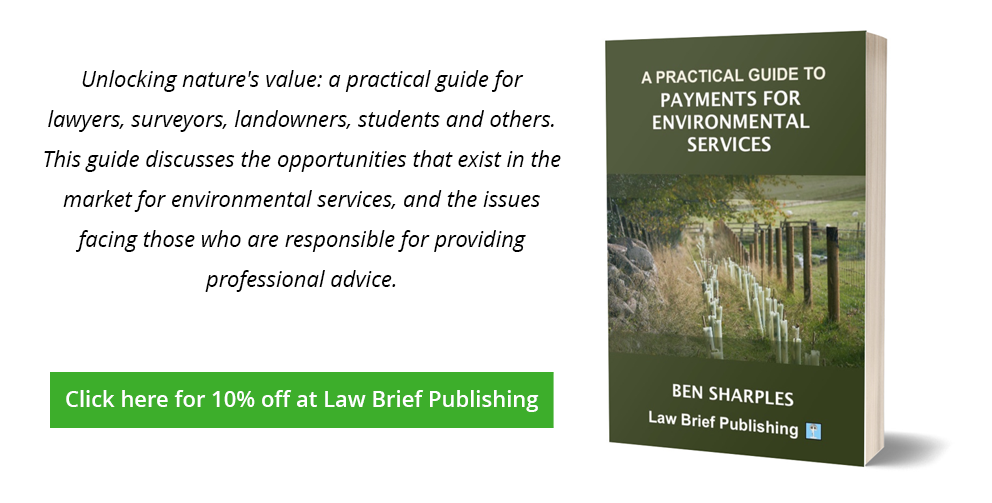

Unlock the potential of natural capital with Michelmores.

Ben Sharples FRICS FAAV FCIArb
Partner
+44 (0)7779 018769
+44 (0) 333 004 3456
ben.sharples@michelmores.com
Download V-card
“Michelmores is without a shadow of the doubt the most skilled, capable and impressive team of agricultural litigators and non-contentious lawyers in the country. It should be the first port of call for anyone with a rural or agricultural matter that requires specialist and high-quality advice.”
Legal 500 2024
“It occupies a market-leading position and serves all sorts of agricultural and rural business, large and small. It has a breadth of agricultural specialists that, so far as I am aware, is unrivalled by any other firm.”
Legal 500 2024
“The solicitors are highly specialist. They bring a wealth of expertise in the legal principles often encountered within this area and also a detailed knowledge of the industry itself.”
Chambers UK 2023
Natural capital can be defined as the world’s stocks of natural assets such as land, forests, fisheries, minerals, biodiversity and all living things. This natural capital that humans derive underpins our economy and society, and thus make human life possible. The phrase natural capital describes the outputs of land which deliver environmental benefits, alongside, or perhaps instead of, conventional benefits.
Natural capital is now an area that attracts government attention, in light of recent environmental and political challenges facing the UK. As the UK navigates these challenges, we guide our clients through complexity and risk, working with landowners, farmers and developers looking to achieve their sustainability ambitions incorporating carbon net zero, biodiversity, nutrient neutrality, rewilding, and more.
Our Natural Capital team is at the forefront of advising clients and professionals on all elements of natural capital.
We are lucky enough to have an exceptionally strong natural capital team, led by one of the first lawyers to engage with emergent policy on natural capital, Ben Sharples. Ben has already completed numerous deals in this space and has been the architect in several novel and groundbreaking natural capital-related schemes that have since become embedded as the norm.
Our multidisciplinary team come from backgrounds that include expertise in environmental, commercial, corporate, real estate, and planning law. Each of them boasts a wealth of experience in natural capital, ensuring that we’re always ahead of the game in evolving environmental regulations and market dynamics, ensuring your investments remain future-proofed.




